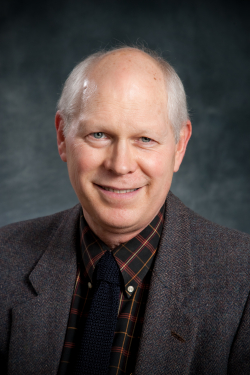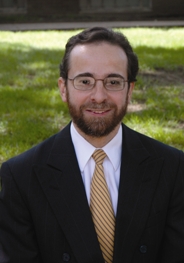Concern about Calvinism
Among Southern Baptist pastors, 27 percent strongly agreed and another 36 percent somewhat agreed with the statement indicating that they were “concerned.” Sixteen percent strongly disagreed with the statement and another 17 percent somewhat disagreed. The remaining 5 percent indicated they “don’t know.”
Speaking in tongues
In a LifeWay Research release in 2007, half of Southern Baptist pastors answered “yes” to the question, “Do you believe that the Holy Spirit gives some people the gift of a special language to pray to God privately? Some people refer to this as a Private Prayer Language or the ‘private use of tongues.'” In a follow-up to that question, LifeWay found that practice is much less common than the belief in its existence. Among Southern Baptist pastors, only 4 percent said they “personally speak in tongues or have a private prayer language,” while 95 percent said they did not and 1 percent “don’t know.”
Baptism
Pastors were also asked about their church’s practice of receiving members who were baptized in other churches. The question was, “Our church admits people into membership of our church who have been sprinkled or baptized in the following ways (without requiring baptism in OUR local church).”
A full 92 percent of Southern Baptist pastors said they would not require baptism of new members who were immersed after conversion in another church that has the same beliefs as a Southern Baptist church.
If the candidate for membership had been immersed after conversion in another Southern Baptist church, 84 percent of Southern Baptist pastors said they would not require baptism.
If the prospective new member had been immersed after conversion in another church that does not believe in eternal security, 26 percent of Southern Baptist pastors said they would not require baptism.
If the prospective new member had been immersed after conversion in a church that believes baptism is required for salvation, 13 percent of Southern Baptist pastors said they would not require baptism.
If the prospective new member had been baptized by sprinkling or pouring after conversion, 3 percent of Southern Baptist pastors said they would not require baptism prior to admittance into membership.
If the prospective new member had been baptized as an infant by sprinkling, pouring or immersion, 1 percent of Southern Baptist pastors said they would not require baptism.
“Baptism is always an important question for a denomination that values baptism so much that the word ‘Baptist’ is included in their name,” said Ed Stetzer director of LifeWay Research. “The results here are interesting. First, there is a small percentage of SBC churches that do not accept the baptism from other SBC (or like-belief) churches. Second, more than one-fourth of SBC pastors indicate they would receive into membership someone baptized in a church that does not believe in eternal security, possibly including such churches as a Free Will Baptist or an Assemblies of God church.
“Finally, and I am guessing most surprising, one-eighth indicate their church would accept a baptism from churches that believe baptism is required for salvation, possibly including such churches as a Church of Christ,” he said.
‘Southern’ in the ‘Southern Baptist Convention’
Among Southern Baptist pastors, 7 percent strongly agreed – and another 20 percent somewhat agreed – with the statement, “Having the name ‘Southern’ in the ‘Southern Baptist Convention’ is a hindrance to the work of SBC churches.” Forty-one percent strongly disagreed with the statement while 27 percent somewhat disagreed and 5 percent “don’t know.”
To further clarify opinions on the denomination’s name, Southern Baptist pastors were also asked their level of agreement with the statement, “Having the name ‘Southern’ in the ‘Southern Baptist Convention’ is a hindrance to the work of SBC churches outside of the South.” As the focus shifted to Southern Baptist congregations outside the convention’s historic strongholds, 16 percent of Southern Baptist pastors strongly agreed and 26 percent somewhat agreed, while 29 percent strongly disagreed and 21 percent somewhat disagreed. The remaining 9 percent “don’t know.”
Who makes decisions
In churches with average primary worship attendance of 250 or more, 8 percent identified “staff-led,” compared to 2 percent in churches under 250 in attendance. By the same token, only 24 percent of churches with average primary worship attendance of 250 or more identified “congregation-led” as the primary decision-making process, compared to 45 percent of churches under 250 in attendance.




